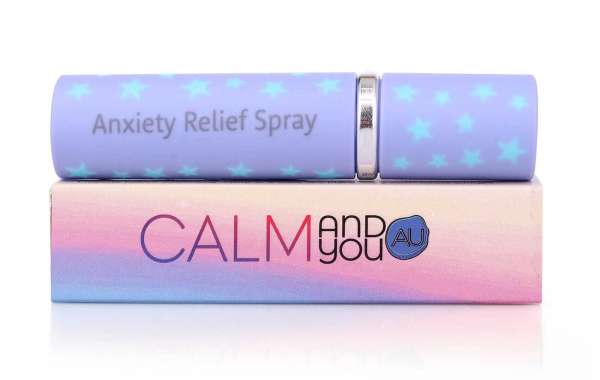CBD is a non-psychoactive compound derived from the cannabis plant. Unlike its counterpart, tetrahydrocannabinol (THC), CBD does not induce a "high." Instead, it interacts with the endocannabinoid system (ECS) in the body, which plays a crucial role in regulating various physiological processes, including mood, stress, and inflammation. Research suggests that CBD may impact the ECS to promote balance and alleviate certain symptoms associated with depression.
The Research Landscape
While the exact mechanisms behind CBD's potential antidepressant effects are still being studied, preclinical and clinical research has shown promising results. Several studies using animal models have demonstrated that CBD exhibits anxiolytic and antidepressant-like effects. Human studies, though limited, have also provided preliminary evidence of CBD's potential benefits for individuals with depression.
A 2019 randomized controlled trial published in the "Journal of Clinical Psychology" found that participants who received CBD treatment experienced a significant reduction in anxiety scores. Additionally, anecdotal reports and small-scale studies have suggested that CBD may help manage symptoms of depression, such as low mood, lack of interest, and sleep disturbances.
Neurogenesis and Inflammation
One of the pathways through which CBD may exert its antidepressant effects is by promoting neurogenesis, the growth of new neurons in the brain. Depression is often associated with reduced neurogenesis in certain brain regions, and compounds that enhance this process could have therapeutic potential. CBD has been shown to support neurogenesis in animal studies, potentially contributing to its antidepressant-like effects.
Moreover, inflammation has been linked to depression, with increased levels of inflammatory markers observed in individuals with the disorder. CBD's anti-inflammatory properties could play a role in mitigating the effects of inflammation on mood. By reducing inflammation, CBD might indirectly contribute to an improved mood and overall sense of well-being.
Complementary Approach to Treatment
It's important to note that while CBD shows promise, it should not be considered a standalone treatment for depression. Current evidence suggests that CBD could serve as a complementary approach alongside conventional treatments such as psychotherapy and medication. Consulting with a mental health professional before incorporating CBD into one's depression management plan is crucial to ensure safety and efficacy.
Regulatory Considerations
The legal status of CBD varies across jurisdictions. In some places, CBD products are readily available, while in others, strict regulations may limit their accessibility. When considering CBD for depression management, individuals should ensure they are obtaining products from reputable sources that adhere to quality and safety standards.
CBD's potential as an adjunctive treatment for depression has generated excitement within both the medical and research communities. While more extensive research is needed to fully understand its mechanisms and efficacy, early findings suggest that CBD may offer a novel approach to managing depression. As the landscape of CBD research continues to evolve, individuals interested in exploring its potential benefits should do so under the guidance of healthcare professionals, ensuring a comprehensive and well-informed approach to their mental health journey.










